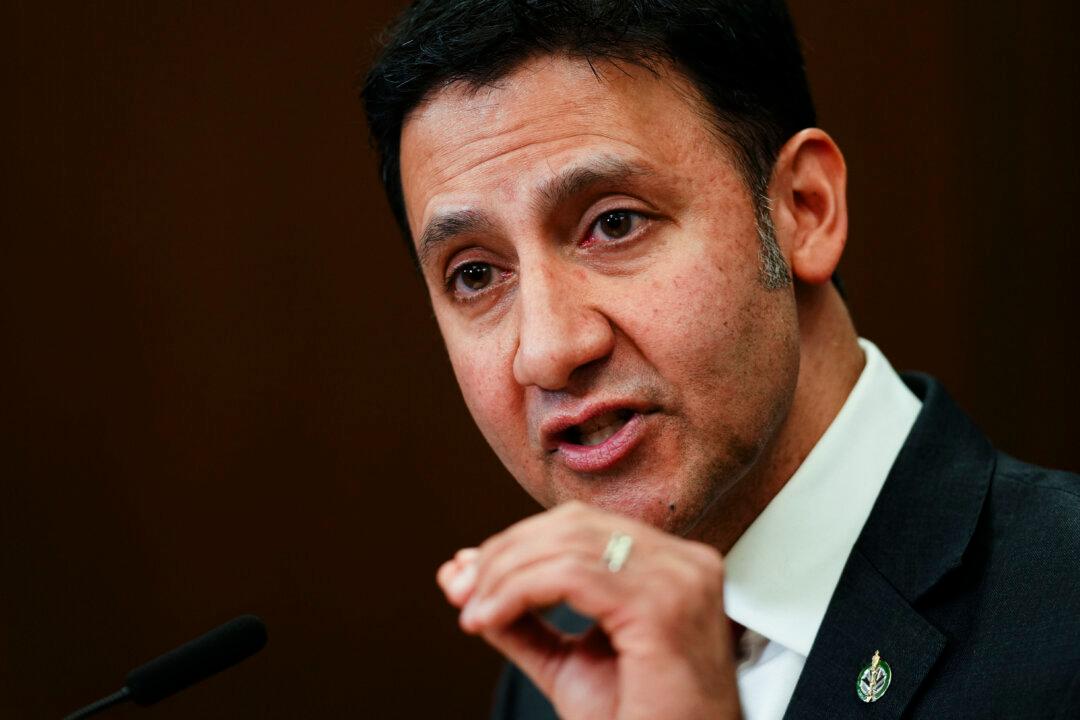Two federal ministers are pushing back against provincial leaders who are urging Ottawa to re-evaluate its bail legislation in the wake of a fatal B.C. home invasion by a suspect with an extensive criminal history, saying the premiers themselves need to “step up.”
Justice Minister Arif Virani and Public Safety Minister Dominic LeBlanc made the comments jointly after receiving a letter signed by the 13 provincial and territorial leaders demanding a review of bail reform law Bill C-48, which came into effect in January.





